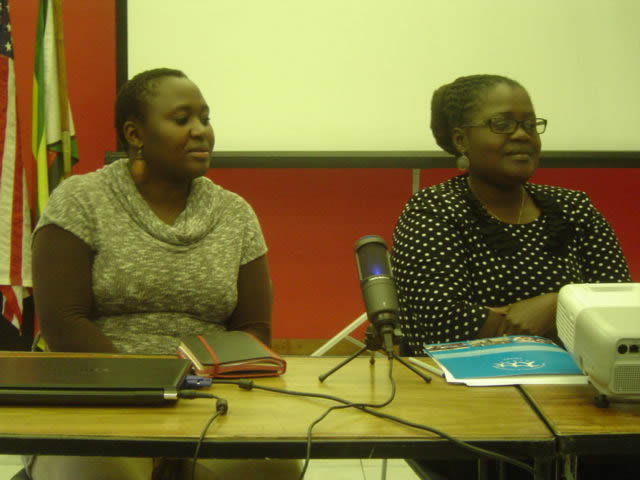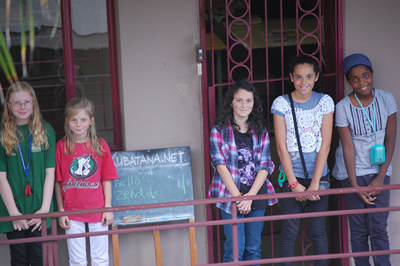Women and the constitution making process
Monday, May 21st, 2012 by Elizabeth NyamudaIt is sad to be reminded that negotiations for the Zimbabwe Independence Constitution held in 1979 at the Lancaster House in London were made without the inclusion of women. According to one woman activist the only female present had gone solely for the upkeep of the men, like to make sure they were fed on time. Various movements and efforts by government and civil society have brought about a change in the order of this. One body that has greatly worked for the inclusion of women participation in constitution making matters is the Women’s Coalition of Zimbabwe. They have worked to ensure women’s rights are met and have took a step further to advocate for women’s inclusion in governance.
The WCoZ according to their website is described as, “A network of women rights activists and women’s organizations with national structures. The WCoZ is a forum where women meet to engage in collective activism on issues affecting women and girls in Zimbabwe. Its central role is to provide a focal point for activism on women and girl’s rights”. Among the commendable work they have done is to fight for the increase in participation of women in the constitution making processes in Zimbabwe.
The Inclusive Government, which agreed to pen a new constitution before electing a new president, saw the formation of COPAC, which is co-chaired by three representatives from the three parties that are signatories to the Government of National Unity. Speaking at a FFT session at the US Embassy Public Affairs Section Netsai Mushonga, a representative of WCoZ, gave an analysis of the organisation’s work in pushing for the inclusion of women in both the constitution making process and in the constitution itself. One of COPAC’s steps in the constitution making process was that of getting information of what Zimbabweans need included in the constitution. They created outreach teams but men outnumbered women in these teams. This led to a petition being made by the women’s movement for the engagement of more women in the outreach teams and the figures rose from 10% to 25%. They went on further to advocate for women engagement in the Thematic Committees and managed to get 37% representation of women.
Moving to the constitution itself, the WCoZ clearly spells out its demands for women in the constitution and they list five minimum demands on their site which include: the quota system for women’s political participation; socio-economic rights; non-discrimination (all forms of disability); customary law subject to the Bill of Rights; and access to and control of resources. Netsai Mushonga indicated that the current draft constitution by COPAC had met at least 80% of their needs. She said the forum had vowed to continue advocating for the remaining 20% to ensure full achievement of women’s rights in the constitution. Their decision to vote for or against the constitution will only be made when they have the constitution in their hands. She likened the constitution-making process to a train that moves from New Delhi to Bombay in India, which is overloaded with people entering through the windows, but still makes it to its final destination. Likewise, the constitution making process might not be the best ride in town but one day it will reach its final destination.











